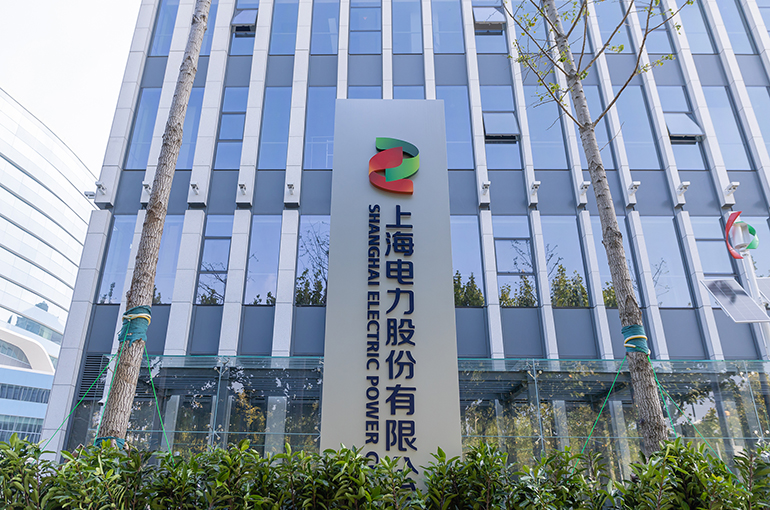Select Language:
Shanghai Electric Power, a leading Chinese energy company, has clarified that ending its pursuit of a major foreign asset acquisition will not significantly affect its production, operations, or financial health.
The company remains dedicated to steady growth, focusing on maintaining healthy development within the domestic market while making strategic investments abroad. Over the past decade, it has built a comprehensive capacity to invest, develop, and manage international projects.
Recently, the company announced the cancellation of its plan to acquire over 66 percent of a Pakistani energy utility. This decision came after the seller was unable to meet certain deal conditions, and shifting business conditions in Pakistan made the transaction misaligned with the company’s internationalization goals.
Following this announcement, shares of the company fell 3.2 percent in Shanghai, closing at CNY20.40 (roughly USD2.87), after a 2.8 percent decline the previous day. The stock experienced a limit-down on September 10 but rebounded the following day.
Back in August 2016, the company revealed plans to invest nearly USD1.8 billion plus an extra USD27 million bonus to acquire a 66 percent stake in the Pakistani utility. The deal was regarded as a flagship project for Chinese firms expanding globally at the time.
Founded in 1913, the Pakistani utility is the only company in the country with a fully integrated operation encompassing power generation, transmission, distribution, and sales. It owns five power plants with a combined capacity of over 2.2 million kilowatts, which accounts for about 10 percent of Pakistan’s total electricity capacity.
The company remains strongly committed to its international expansion efforts, which have shown promising results this year. It is the largest Chinese company operating in Japan’s energy sector and ranks among the top three foreign solar power producers in Hungary.
The Hunutlu Thermal Power Plant, a joint project with Shanghai Electric, is the largest direct Chinese investment in Turkey to date.
In recent years, the firm has been actively growing its clean energy portfolio internationally, with projects in Bulgaria, Hungary, Japan, Malta, Serbia, and Turkey, focusing mainly on wind, solar, and natural gas power generation.





